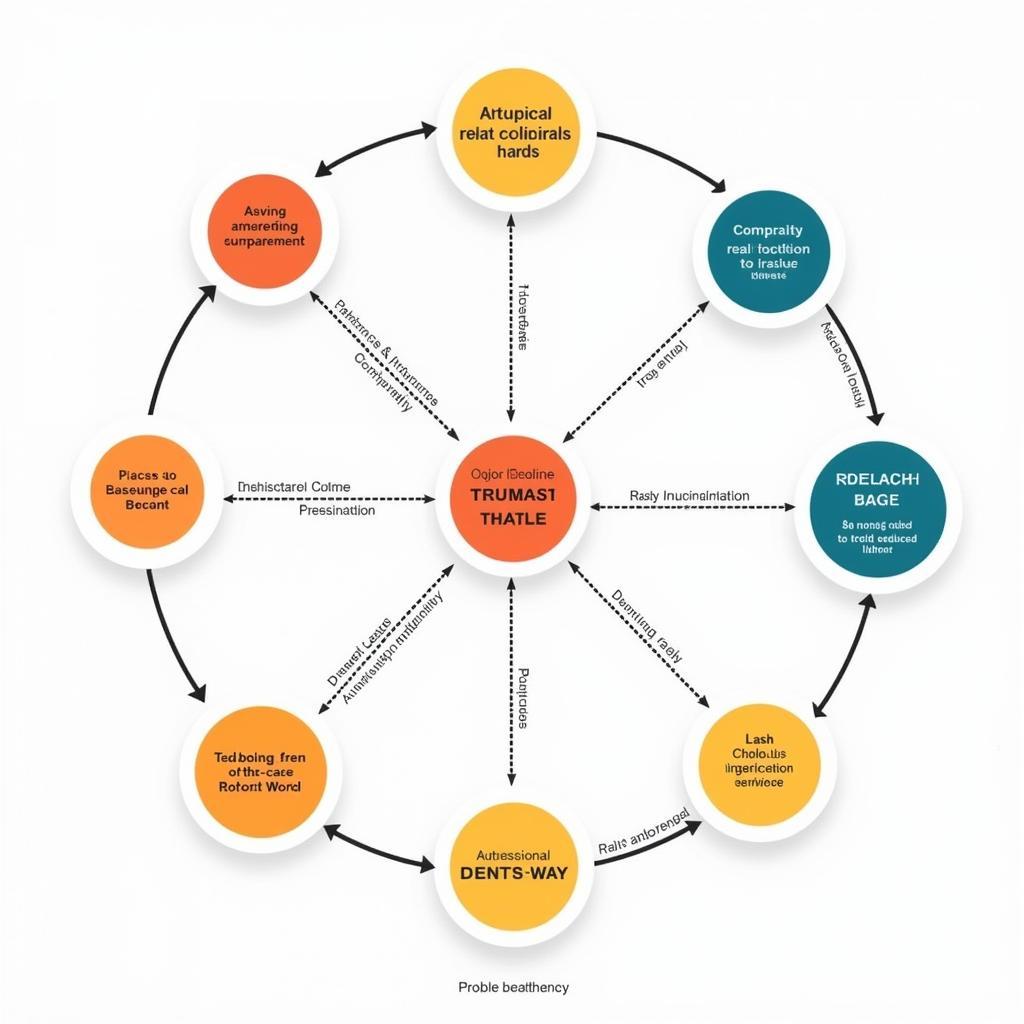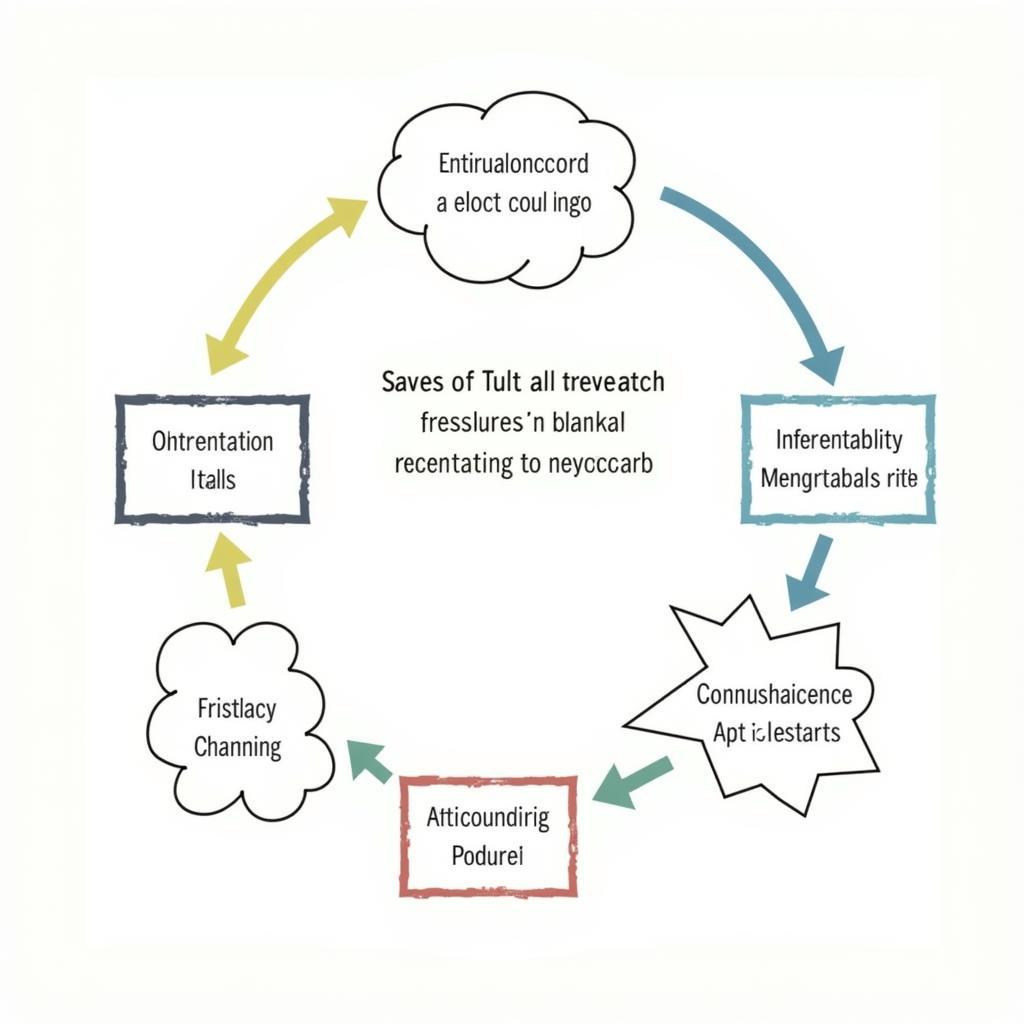Research concepts are the building blocks of any research project, forming the foundation upon which you construct your investigation. They provide a framework for understanding the relationships between different aspects of your chosen subject and guide your exploration of the unknown. Think of them as the essential ingredients in a recipe, each playing a crucial role in achieving a delicious outcome.
Understanding the Core Components: Definitions and Types
Just like a master chef needs to be familiar with various ingredients, a researcher must grasp the core components of research concepts. This involves understanding their definitions and different types:
- What exactly are research concepts? These are the fundamental ideas, theories, and principles that underpin your research. They are often abstract and complex, requiring careful consideration and definition to ensure clarity and consistency throughout your study.
- Delving into different types: Research concepts can be categorized in several ways. Some common types include:
- Variables: These are characteristics, properties, or attributes that can be measured or observed and can vary across different individuals, groups, or situations. Examples include age, gender, anxiety levels, or test scores.
- Constructs: More abstract than variables, constructs are theoretical concepts that are not directly observable but are inferred from measurable behaviors or indicators. Examples include intelligence, motivation, or self-esteem.
- Relationships: Research often explores the connections between different concepts. These relationships can be causal (one concept causing a change in another), correlational (concepts changing together), or simply descriptive (describing how concepts co-occur).
 Research Concept Map
Research Concept Map
Why Are Research Concepts Important?
Imagine embarking on a journey without a map or a clear destination in mind. Research without well-defined concepts would be equally directionless. Here’s why they are crucial:
- Providing Direction and Focus: Research concepts act as a compass, guiding your research question, design, and data collection methods. They help you focus on relevant information and avoid getting lost in irrelevant tangents.
- Ensuring Clarity and Consistency: Clearly defined concepts ensure everyone understands the meaning and scope of your research, making your findings more reliable and interpretable.
- Facilitating Communication: Well-articulated concepts provide a common language for researchers to communicate their findings, compare results, and build upon existing knowledge.
From Abstract to Concrete: Operationalizing Your Concepts
Bridging the gap between abstract concepts and measurable observations is crucial for conducting meaningful research. This process, known as operationalization, involves:
- Defining your concepts: Clearly define each concept in terms of its theoretical meaning and how it relates to your research question. For instance, if your research investigates the impact of stress on job performance, you need to define what you mean by “stress” and “job performance.”
- Identifying indicators: Determine how you will measure or observe your concepts. This might involve using existing scales, surveys, or developing your own measurement tools. For stress, indicators could be self-reported anxiety levels or physiological measures like cortisol levels. For job performance, indicators might include productivity scores, supervisor evaluations, or absenteeism rates.
- Establishing reliability and validity: Ensure your chosen indicators accurately and consistently measure the intended concepts. This involves considering factors like the reliability of your measurement tools and whether they truly capture the essence of what you’re trying to measure.
 Operationalizing Research Concepts
Operationalizing Research Concepts
Common Pitfalls and How to Avoid Them
Navigating the world of research concepts can be tricky. Here are some common pitfalls and tips for avoiding them:
- Lack of clarity in definitions: Vague or inconsistent definitions can lead to confusion and misinterpretation. Be as specific and precise as possible when defining your concepts, using established definitions from the literature or providing your own clear operational definitions.
- Ignoring the literature: Failing to review existing research on your chosen concepts can lead to reinventing the wheel or missing important nuances. Conduct a thorough literature review to understand how other researchers have defined and measured your concepts.
- Using inappropriate indicators: Choosing indicators that don’t accurately reflect your concepts can undermine the validity of your findings. Carefully consider the strengths and limitations of different measurement approaches and ensure they align with the specific concepts you want to investigate.
Research Concepts: The Foundation of Discovery
Mastering research concepts is like learning the language of research. By grasping their definitions, understanding their significance, and skillfully operationalizing them, you equip yourself with the tools to explore the vast landscape of knowledge and contribute to a deeper understanding of the world around us.
FAQ
- What is the difference between a research concept and a research question? While research concepts are the fundamental ideas, a research question articulates the specific relationship or phenomenon you aim to investigate using those concepts.
- Can research concepts change during a study? While it’s best to have clearly defined concepts from the outset, some refinement or adaptation might be necessary as your research progresses and you gain a deeper understanding of the subject matter.
- How many research concepts should a study have? The number of concepts depends on the complexity of your research question. Focus on identifying the most relevant and essential concepts that directly contribute to answering your research question.
For further exploration of research methodologies, consider reading “Research Methods and Statistics in Psychology 2nd Edition Beins McCarthy”. Understanding concept maps are effective for choosing a research topic because they can help you visualize the relationships between different concepts. If you’re interested in the field of AI, check out this resource on how to become an ai researcher.
We encourage you to delve deeper into the fascinating world of research concepts and discover how they can empower your own explorations. If you require further assistance with your research endeavors, don’t hesitate to contact us.
Need help with your research? Contact us:
Phone: 0904826292
Email: research@gmail.com
Address: No. 31, Alley 142/7, P. Phú Viên, Bồ Đề, Long Biên, Hà Nội, Việt Nam
Our dedicated team is available 24/7 to provide support and guidance for all your research needs.